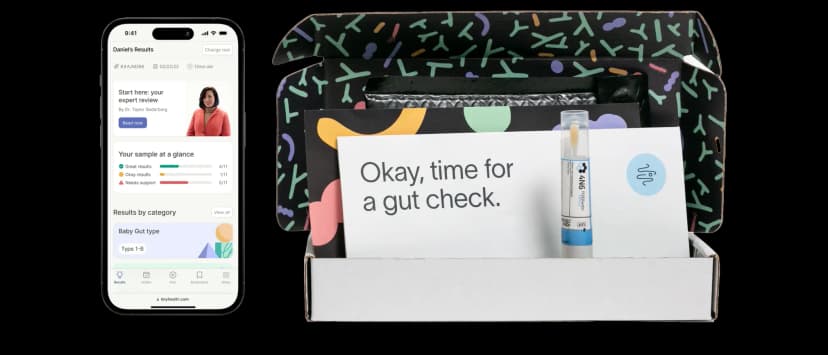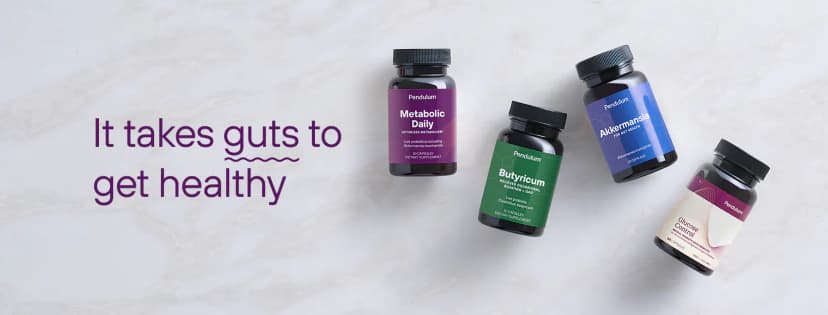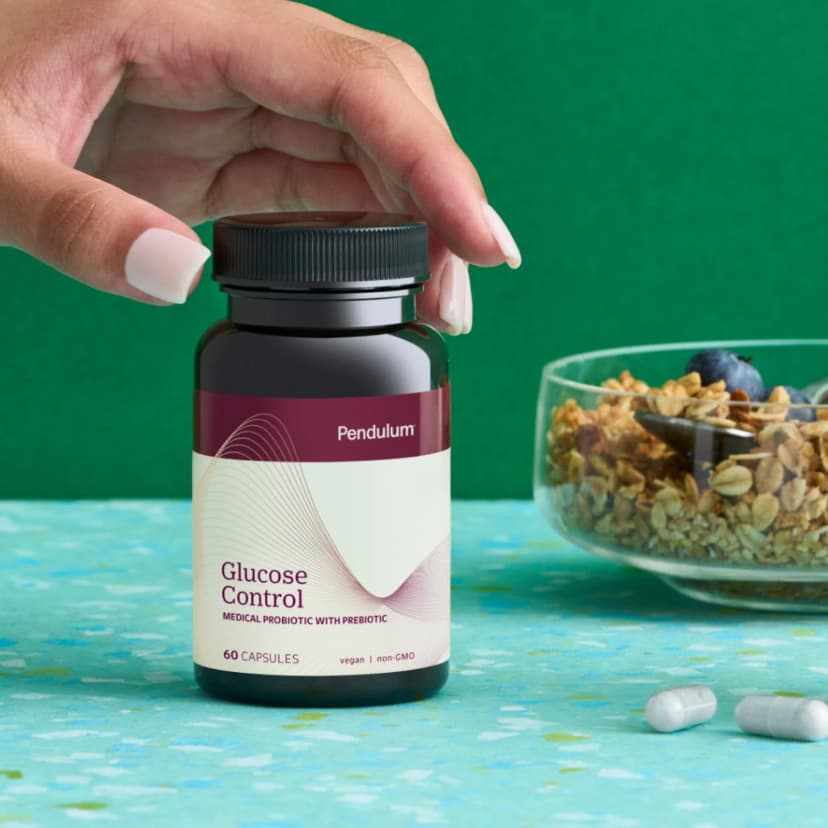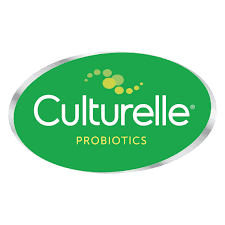Leaky gut syndrome is a condition where the lining of the intestines becomes damaged, allowing harmful substances to leak into the bloodstream. This can lead to various health issues, including digestive problems, inflammation, and autoimmune diseases. Healing leaky gut involves a multifaceted approach, including dietary changes, probiotics, lifestyle modifications, and supplements. This article will guide you through the essential tips and strategies to help you on your journey to better gut health.
Key Takeaways
- Leaky gut syndrome occurs when the intestinal lining is damaged, allowing harmful substances to enter the bloodstream.
- Healing leaky gut requires a comprehensive approach, including diet, probiotics, lifestyle changes, and supplements.
- Avoid foods that can irritate the gut, such as processed foods, alcohol, and high-sugar items.
- Include gut-friendly foods like fiber-rich vegetables, lean proteins, and fermented foods in your diet.
- Managing stress, getting enough sleep, and regular exercise are crucial for gut healing.
Understanding Leaky Gut Syndrome
What is Leaky Gut?
Leaky Gut Syndrome, also known as increased intestinal permeability, happens when the lining of the small intestine gets damaged. This damage allows undigested food particles, toxins, and bacteria to pass through the intestines and enter the bloodstream. In a healthy gut, the intestinal wall acts as a selective barrier, deciding what gets absorbed into the bloodstream and what stays out. When this barrier is compromised, it can lead to various health issues.
Causes of Leaky Gut
Several factors can contribute to the development of leaky gut, including:
- Diet: A diet high in sugar, saturated fats, and low in fiber can weaken the gut lining.
- Genetics: Some people may have a naturally weaker gut barrier due to their genetic makeup.
- Age: As we age, our cells can get damaged more easily and heal more slowly, making the gut more vulnerable.
- Chronic Stress: Ongoing stress can negatively impact gut health and contribute to increased intestinal permeability.
- Medications: Certain medications, like nonsteroidal anti-inflammatory drugs (NSAIDs), can damage the gut lining over time.
Symptoms and Associated Conditions
People with leaky gut syndrome often experience a range of symptoms, such as:
- Digestive issues like diarrhea, constipation, and bloating
- Abdominal pain and cramps
- Food sensitivities
- Fatigue and headaches
- Joint and muscle pain
Leaky gut is also associated with several chronic conditions, including:
- Irritable Bowel Syndrome (IBS)
- Inflammatory Bowel Disease (IBD)
- Celiac Disease
- Autoimmune diseases
It's important to note that while leaky gut syndrome is not a formally recognized medical diagnosis, many healthcare providers acknowledge its potential impact on overall health. If you suspect you have leaky gut, consult a healthcare professional for proper evaluation and management.
Dietary Changes to Support Gut Health
Foods to Avoid
To support gut healing, it's important to avoid certain foods that can irritate the gut lining. Here are some key foods to avoid:
- Gluten: Increases zonulin levels and is high in FODMAPs, which can irritate the gut.
- FODMAP Foods: These include fermentable carbohydrates that can be tough on your gut.
- Artificial or Processed Foods: Often high in FODMAPs and can irritate the gut.
- Dairy Products: High in lactose, a type of FODMAP.
Foods to Include
Incorporating the right foods into your diet can help heal and maintain a healthy gut. Here are some beneficial foods to include:
- Collagen: Supports the health of gut lining and tissues.
- Fish: Helps in healing the intestinal lining and connective tissue.
- Bone Broth or Gelatin: Supports the healing of the gut lining.
- Fiber and Prebiotics: Feed good bacteria and support the formation of short-chain fatty acids (SCFAs).
- Fermented Foods: Provide a variety of good bacteria.
Sample Meal Plans
Creating a meal plan can help you stay on track with your gut-healing diet. Here is a simple sample meal plan:
Breakfast: Smoothie with spinach, banana, and a scoop of collagen powder.
Lunch: Grilled chicken salad with mixed greens, avocado, and olive oil dressing.
Dinner: Baked salmon with steamed broccoli and quinoa.
Snacks: Greek yogurt with a handful of berries, or a small bowl of bone broth.
Tip: Start with small, manageable changes, like adding one serving of vegetables to every meal. This can make the transition easier and more sustainable.
The Role of Probiotics in Healing Leaky Gut
Benefits of Probiotics
Probiotics are live microorganisms that can provide numerous health benefits when consumed in adequate amounts. They play a crucial role in maintaining a balanced gut microbiome, which is essential for overall gut health. Probiotics can help strengthen the gut lining, reduce inflammation, and improve gut barrier function. They also promote the growth of beneficial gut bacteria and can alleviate symptoms of digestive issues like diarrhea and abdominal pain.
Sources of Probiotics
Probiotics can be found in various foods and supplements. Some common food sources include:
- Yogurt
- Sauerkraut
- Kimchi
- Kefir
- Miso
Including these foods in your diet can help boost your intake of beneficial bacteria and support gut health.
Choosing the Right Probiotic Supplement
When selecting a probiotic supplement, it's important to choose one that contains multiple strains of bacteria. Look for supplements that include strains known to be effective in healing leaky gut, such as Lactobacillus and Bifidobacterium. Additionally, ensure the supplement has a high colony-forming unit (CFU) count to maximize its effectiveness. Always consult with a healthcare provider before starting any new supplement regimen to ensure it is appropriate for your needs.
Probiotics are a valuable tool in the journey to heal leaky gut, but they should be used as part of a comprehensive approach that includes dietary changes and lifestyle modifications.
Lifestyle Modifications for Gut Healing
Stress Management Techniques
Chronic stress can worsen leaky gut syndrome. Managing stress is crucial for gut health. Here are some effective techniques:
- Meditation: Spend a few minutes each day in quiet reflection.
- Deep Breathing: Practice deep breathing exercises to calm your mind.
- Yoga: Incorporate yoga into your routine to reduce stress and improve flexibility.
Importance of Sleep
Getting enough sleep is essential for your body to heal. Aim for 7-9 hours of quality sleep each night. Here are some tips to improve your sleep:
- Establish a Routine: Go to bed and wake up at the same time every day.
- Create a Calming Environment: Make your bedroom a peaceful place, free from distractions.
- Avoid Screens: Turn off electronic devices at least an hour before bedtime.
Exercise and Physical Activity
Regular exercise can help reduce inflammation and support gut health. However, avoid over-exercising as it can have the opposite effect. Here are some guidelines:
- Moderate Exercise: Engage in activities like walking, swimming, or cycling.
- Consistency: Aim for at least 30 minutes of moderate exercise most days of the week.
- Listen to Your Body: Pay attention to how your body feels and adjust your activity level accordingly.
Embracing these lifestyle changes can significantly support your journey to heal leaky gut syndrome. By managing stress, prioritizing sleep, and incorporating regular exercise, you create a foundation for better gut health and overall well-being.
Supplements and Nutrients for Gut Repair
L-Glutamine
L-Glutamine is an essential amino acid that plays a crucial role in gut health. It helps repair the gut lining and reduces inflammation. You can find L-Glutamine in foods like fish, chicken, and dairy products, or take it as a supplement.
Omega-3 Fatty Acids
Omega-3 fatty acids are known for their anti-inflammatory properties. They help reduce gut inflammation and support overall gut health. Good sources of Omega-3s include fish oil, flaxseeds, and walnuts.
Herbal Remedies
Certain herbs can aid in gut repair. Here are a few to consider:
- Licorice Root: Helps balance stomach acid and supports the mucosal lining.
- Marshmallow Root: Has antioxidant properties that soothe the gut lining.
- Shilajit: Reduces inflammation and protects against stomach ulcers.
Including these supplements and nutrients in your diet can significantly aid in the healing process of a leaky gut. Always consult with a healthcare provider before starting any new supplement regimen.
Monitoring Your Progress
Signs of Improvement
Healing from leaky gut syndrome can take time and patience. Look for these signs to know if you're on the right track:
- Reduction in Symptoms: Noticeable decrease in bloating, gas, cramps, and food sensitivities.
- Increased Energy Levels: Feeling more energetic and mentally clear.
- Better Digestive Functions: Regular bowel movements and less discomfort after eating.
- Improved Mood: Feeling calmer and less anxious.
Keeping a Health Journal
A health journal can be a valuable tool in tracking your progress. Here’s what to include:
- Daily symptoms and their severity
- Foods eaten and any reactions
- Stress levels and sleep patterns
- Exercise and physical activity
When to Seek Professional Help
If you’re not seeing improvements or if symptoms worsen, it’s important to consult a healthcare provider. They can offer additional tests and adjust your treatment plan as needed.
Keeping track of your progress helps you understand what works best for your body and make necessary adjustments to your healing plan.
Conclusion
Healing leaky gut syndrome is a journey that involves more than just changing your diet or taking supplements. It requires a full approach that includes lifestyle changes, managing stress, getting enough sleep, and paying attention to your overall health. While the supplements and strategies we've discussed can help, it's important to approach them with care and patience.
Understanding what causes leaky gut, knowing which foods and habits help or hurt, and using targeted strategies can make a big difference. Healing takes time and effort, but the improvements in your health and energy levels are worth it. As we learn more about how our gut health affects our overall well-being, these tips can guide you on your path to a healthier life.
Frequently Asked Questions
What is leaky gut syndrome?
Leaky gut syndrome happens when the lining of your small intestine gets tiny holes. These holes let things like bacteria and undigested food get into your bloodstream, which can cause inflammation and an immune response.
How long does it take to heal leaky gut?
The time it takes to heal leaky gut can be different for everyone. Some people might see improvements in a few weeks with the right support, while others may take several months.
What foods should I avoid if I have leaky gut?
If you have leaky gut, try to avoid processed foods, alcohol, high-fat and high-sugar foods, and foods that trigger allergies like dairy and gluten.
What foods can help heal leaky gut?
Foods that might help heal leaky gut include fiber-rich vegetables, lean proteins, fruits, fermented foods like yogurt and kimchi, whole grains, and nuts and legumes.
Can probiotics help with leaky gut?
Yes, probiotics can help by strengthening the gut lining, reducing inflammation, and promoting the growth of good bacteria in your gut.
When should I see a doctor for leaky gut?
You should see a doctor if your symptoms don’t improve with diet and lifestyle changes, or if you have severe symptoms like intense abdominal pain or persistent diarrhea.



















